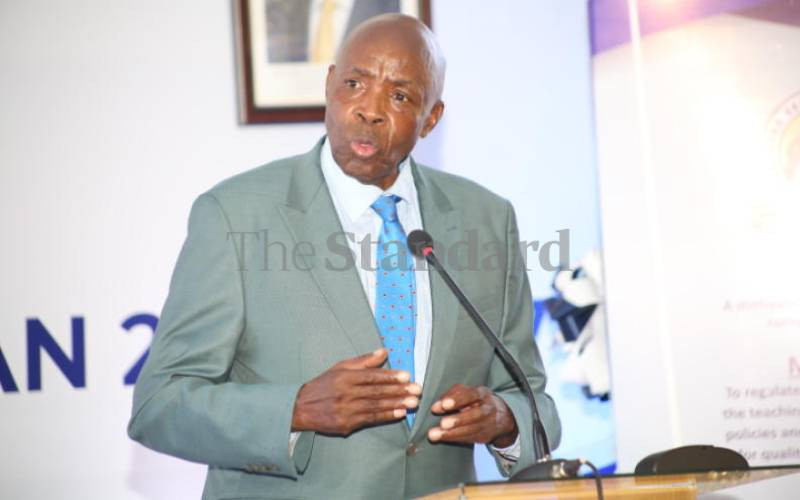×
The Standard e-Paper
Home To Bold Columnists

More than one million candidates who sat the Kenya Certificate of Primary Education (KCPE) exam will today know the secondary schools they be joining next month.
Education Cabinet Secretary Ezekiel Machogu is this morning expected to preside over the Form One placement exercise at Lenana School amid concern over pending court cases after some parents challenged the results.